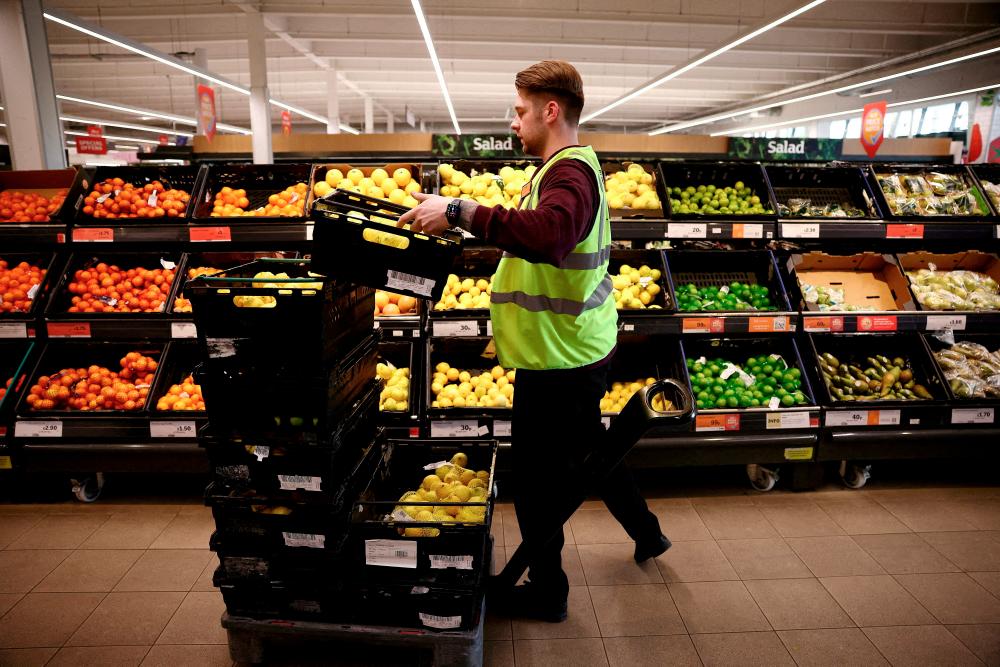LONDON: British consumer confidence slid this month to its lowest level since records began in the mid-1970s, with scant sign of any boost from Prime Minister Liz Truss’s announcement of additional support for households.
The consumer confidence index from market research firm GfK fell to -49 in September from -44 in August, worse than all forecasts in a Reuters poll that pointed to an improved reading of -42.
Readings of -30 and below have presaged recession on four out of five occasions since the survey started in 1974.
The survey straddled both Truss’ statement on capping household energy bills and the death of Queen Elizabeth on Sept 8 but GfK recorded no significant change in responses after that date.
Overall, the readings underlined the precarious state of Britain’s economy hours before new finance minister Kwasi Kwarteng updates parliament on measures to help households and businesses.
Joe Staton, client strategy director at GfK, said rock-bottom readings for the survey's forward-looking gauges were especially worrying. The survey follows much weaker-than-expected retail sales data for August.
“Consumers are buckling under the pressure of the UK’s growing cost-of-living crisis driven by rapidly rising food prices, domestic fuel bills and mortgage payments,” Staton said.
GfK’s gauges of economic and personal financial confidence each fell to their lowest level since comparable records from the European Commission began in 1985.
Staton said consumers will be anxious to hear what Kwarteng says today (Sept 23). “It will also be a major test for the popularity of Liz Truss’ new government.”
Kwarteng will detail close to £200 billion (RM1.03 trillion) of tax cuts, energy subsidies and planning reforms today, as part of Truss’ bid to end “Treasury orthodoxy” and spur growth.
Financial markets will also receive an initial price tag for the proposals, as the United Kingdom Debt Management Office will publish new borrowing plans after Kwarteng finishes his speech.
The market backdrop could barely be more hostile for Kwarteng. Sterling fell to its lowest against the dollar since 1985 on Thursday, while British government bonds recorded their biggest one-day fall since the start of the pandemic.
Much of the decline reflects the US Federal Reserve’s rapid interest rate rises to tame inflation - which have sent markets into a tailspin – but some investors are also wary about Truss's willingness to borrow big to fund growth.
For Kwarteng, tax cuts and deregulation are a way to end what he calls “a cycle of stagnation” that led to tax rates being on course for their highest level since the 1940s.
“We are determined to break that cycle. We need a new approach for a new era focused on growth,” he is expected to tell parliament, according to speech extracts released by his office.
One measure he plans to announce are “investment zones” that offer businesses generous but temporary tax breaks, as well as relaxed planning rules, to encourage the construction of shopping centres, apartment blocks and offices.
“We will liberalise planning rules in specified agreed sites, releasing land and accelerating development,” Kwarteng is expected to say.
The British Chambers of Commerce (BCC) welcomed the proposal but said it should be more widespread.
“We need to see this reform across the country, as it is currently too slow, complex and uncertain. It stifles business investment, expansion and growth,“ BCC director general Shevaun Havilland said. – Reuters














